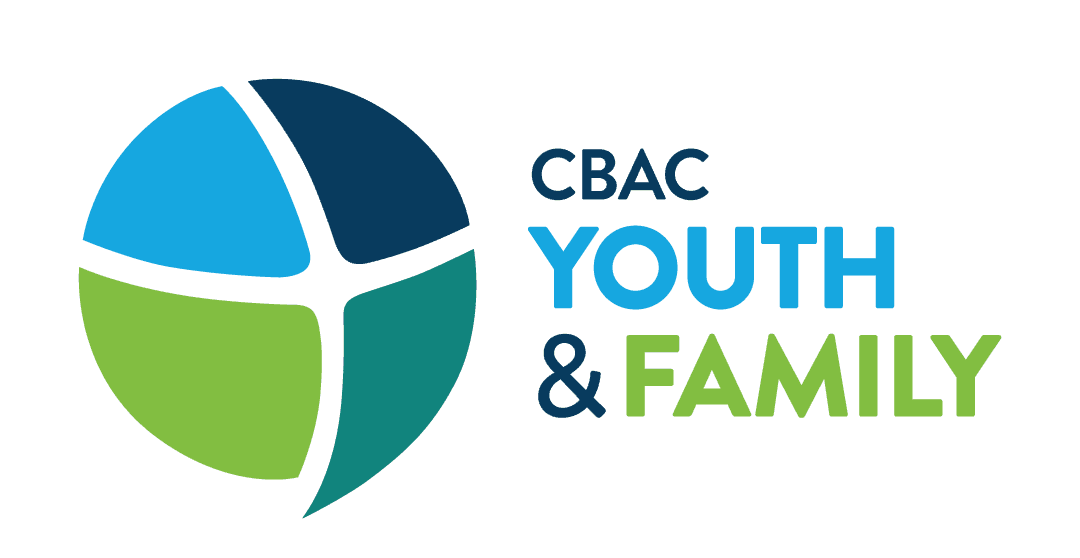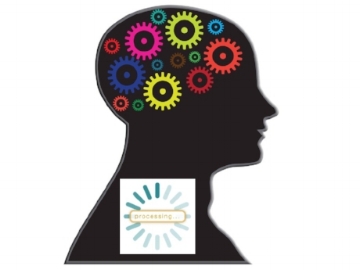I am clearly not an American. Nor am I someone who has been very engaged in politics either nationally or internationally. So I am surprising myself as much as anyone in writing this blog today. I’m writing because personally, and I believe collectively, we are all trying to process what the recent United States election means for our understanding of Americans, of the world, and of the relationship of Christianity to politics.
I understand the posts from my brothers and sisters in Christ in recent days pointing out our hope is in Christ. I’m with you, Christ is on the throne. Christ is Lord. My hope, our hope, is not in political powers, Presidents, Prime Ministers, Kings, Queens etc. Our hope is in Jesus and the Kingdom He is and will usher in. I absolutely believe God is bigger than all of this and His Kingdom was never meant to come through political power. I truly believe that God’s Kingdom is still breaking into our world.
However, please give us permission to be shocked, process and grieve. Please don’t move me too quickly to prescription without reflection. Regardless of your political views, regardless of who you thought should win the election, this is a shock and the world is processing.
The two main things I find myself processing are: Americans are different than I thought (and then the pollsters thought) and that Evangelical Christians in America are different than I thought.
I know we in Canada don’t understand the strange interweaving of politics and religion in the States. But, here is where I struggle, it feels like some Americans are believing in a false gospel. When I look at many American evangelical Christians rhetoric before, during and after the election I don’t recognize that Christianity. Evangelical Christians had a strong voice in this election. I’ve read the arguments; I know they think they are doing what is right. BUT, I just need to say, I don’t recognize that Christianity…bullying, hate speech, division, building walls, one issue politics, excusing behaviour, endorsing one leader… I call myself an evangelical Christian, but it looks nothing like what we’ve been witnessing South of the Boarder. I am not talking about one candidate here, I’m talking about it all, all that has surrounded the election and has been unfolding in America. I realize I am painting broad strokes here, I know there are faithful American Christians seeking to live the ways of Jesus. I know there are American evangelical Christians feeling disillusioned right now. I know there was not a “right” and a “wrong” vote for an evangelical Christian. I know I’ve learned a lot from the American Church. I know American evangelical Christians calling the Church to live her mission more faithfully in these days.
We’re being told this result was a vote for anti-establishment. Sure, but when you look at how the Millennials voted, a generation known for being skeptical of the establishment and of institutions, they voted differently than the older age groups. Among 18 to 29 year olds 37% voted for Trump, 55% for Clinton and 8% for someone other than a major party nominee. Perhaps this suggests anti-establishment doesn’t trump character for the younger generation. This is not to say either candidate had stellar character, if I was put in the American situation I have no idea how I would have voted.
The question is – WHAT can we learn from this?
Allow me to speak to our Canadian context, and the Atlantic Canadian context in particular.
We have been trying to call the Church to get rid of the “us” and “them” mentality and find a third way. A third way of engaging neighbours. We’ve been inviting churches and Christians to join God in changing their neighbourhoods by showing and telling the Gospel, not by might and power, but by love.
We’ve been calling the church to radically show the love of Jesus in word and deed to their neighbours and neighbourhoods – regardless if they have different beliefs, are from a different background, different race, different socio-economic bracket, different marital status, different age, different sexual orientation….
We’ve been reminding the Church our mission is to be salt and light, to be in our neighbourhoods as light-bearers, demonstrating the Gospel with our deeds and with what comes out of our mouth. Demonstrating the Gospel involves all sorts of things – righting wrongs, fixing corrupt systems, standing with and for the marginalized, serving the poor, loving our neighbour, welcoming the stranger etc.
We’ve been asking “Will you join God in changing Atlantic Canada (or your region) one neighbourhood at a time?”
Friends, the stakes just got higher.
Here’s what we can’t do now: we can’t bury our heads in the sand, and we can’t retreat to holy huddles. We’ve got to show a third way, a way of radical love, peace and unity, the way of love for all our neighbours.
Here is where I start to flip the switch a little from grieving to prescription in stepping forward.
The stakes just got higher.
The Church needs to show radical love for our neighbours.
We need to show a demonstration of the Gospel and an engagement with culture that is NOT with power, force, money, political bullying, fear, anger, a vying for the loudest voice…
Instead Christianity has always called us to the way of sacrificing, laying down our lives for others, serving our neighbours, displaying the radical love of Jesus in word and deed, removing barriers to justice, changing corrupt systems….
The stakes just got higher – will you join God in your neighbourhoods?
The tribe I belong to, Canadian Baptists, has a long history of what we call “Baptist Distinctives”. As I have reflected on them over the last day I’m finding a renewed commitment in my heart to live this third way, with respect for all, love for all and freedom for all. (I’m sure other tribes have something similar to these distinctives.) It’s not that we’ve lived these out perfectly, but they are a reminder and calling on how to live out our faith in this complex world.
Three in particular stick out to me at this time.
1. The Priesthood of all believers – all believers are equals in the church and have a role in ministering to each other and to the world. God gives His Spirit and gifts to all believers, regardless of education, wealth, race, gender….so nothing disqualifies a person from serving God. Before God we are all loved and embraced. All of creation is created in God’s imagine, have equal access to God and believers are all given gifts for serving.
2. Religious liberty and freedom of conscience – Baptists believe that no group has the right to force others to believe or worship as it does. Everybody has freedom of choice. In our history Baptists have championed the cause of religious liberty. That doesn’t mean we won’t present, live and argue for what we believe – it means we will not force someone to belief AND we champion not just our religious liberty but religious liberty and freedom of choice for all.
3. Separation of church and state – Baptist have championed the right to freedom in spiritual matters under the Lordship of Christ. There should not be a church-controlled state, nor a state-controlled church. We are to help each other and serve each other, but there must exist a separation. We are not a Christian nation nor should we be trying to become a Christian nation. Christianity was always meant to be a movement, a movement inviting people to fall in love with Jesus and join, wherever they are, in trusting Him as their King and the one who is bringing His Kingdom come, not through political power, but through the lives of ordinary people.
At this time, I want to celebrate these things, particularly with the younger generation.
Hear this:
- Regardless of your gender, race, education, background…you are equal in the Church and have equal opportunity to use your gifts for the Kingdom.
- Everybody has freedom to express their faith and we can speak and act winsomely but will never force another into belief. We invite the free exchange of questions, ideas, beliefs and doubts.
- The Church has never been called to take the place of the State and the State is not called to take the place of the Church. We are in a post-Christian nation, and that is not a bad thing. This allows us to focus on our mission as a Church to be salt and light in our neighbourhoods.
That’s the kind of beautiful community I want to be a part of, one of equality, freedom and an opportunity to be a part of the bigger story of God’s mission in the world (separate from any one state or Nation.)
So Church, let’s be the Church. Let’s show the third way, where there is not an “us” and “them”, but the way of love – seeking to show and tell the Good News every day in our speech, in our way of life, in our actions and reactions, in the neighbourhoods where we live, work, study and play.
People much smarter and much more informed about what just happened in the US election are writing on this. I found this blog post by another Canadian, Carey Nieuwhof, helpful as we process and begin to understand what this election means for the Church: http://careynieuwhof.com/2016/11/4-suggestions-after-the-us-presidential-election/
One final note, this post is my personal opinion. It has not been vetted through any organizations I serve. It is not representing any of the organizations I work for, it is representing myself and the processing I have begun over recent events.
-Renée @r_embree #1neighbourhood

